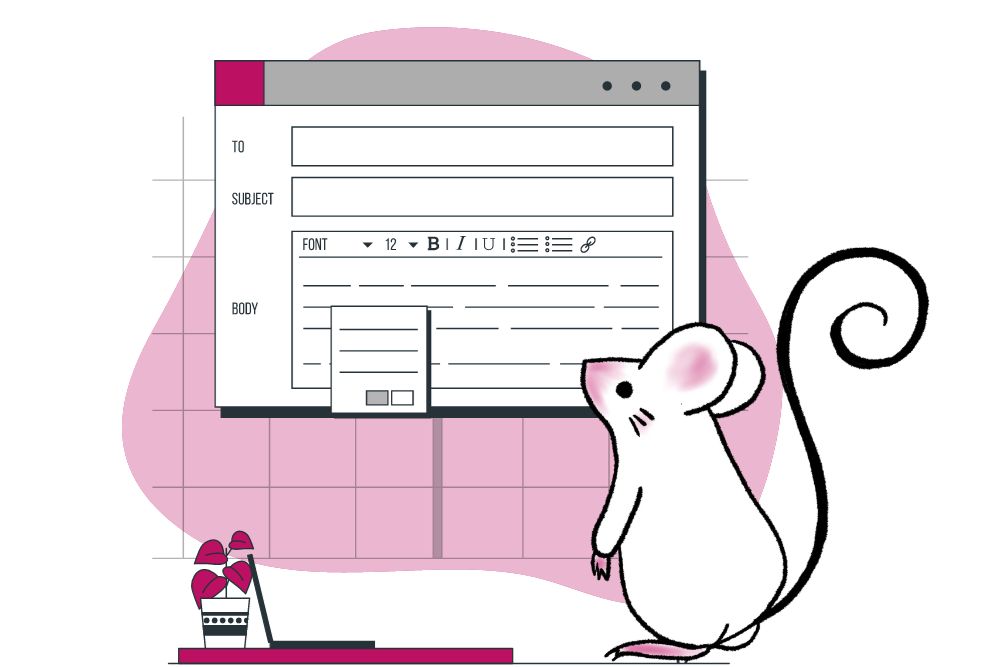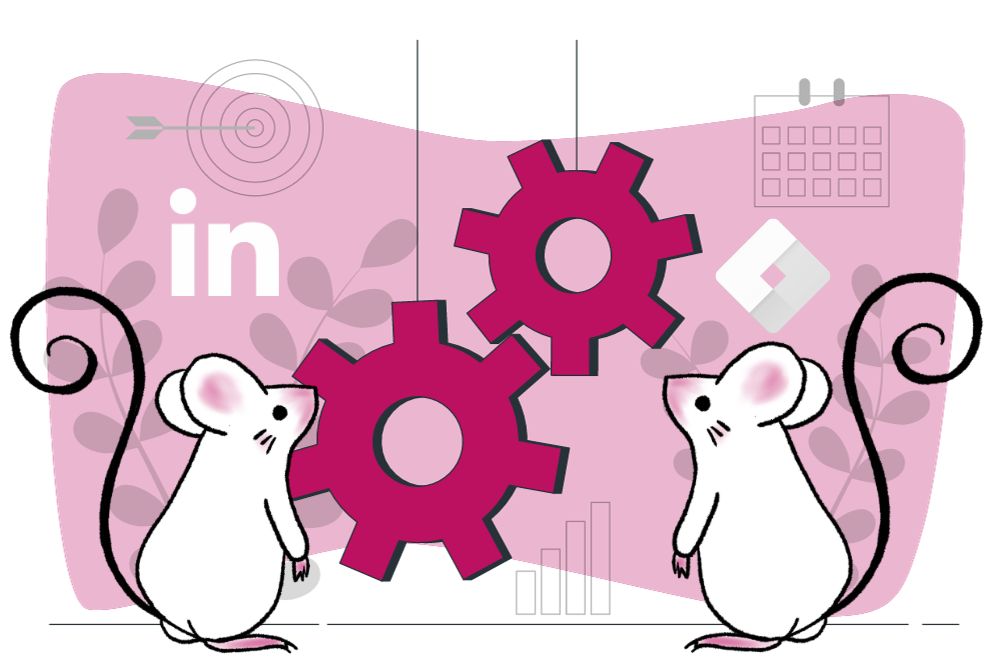Email Marketing has long been recognised as a powerful tool in the digital marketing arsenal. When executed effectively, it can drive engagement, build customer relationships, and boost sales. However, the success of Email Marketing campaigns in South Africa, like anywhere else, depends on various factors.
In this blog, we’ll explore when Email Marketing is most effective in South Africa and how to make it work for your business.
Understanding the South African Market
Before diving into the specifics of Email Marketing in South Africa, it’s essential to have a good understanding of the local market. South Africa is a diverse and dynamic country with a unique business landscape. Here are some key factors to consider:
- Cultural Diversity: South Africa is home to various cultures, languages, and traditions. Understanding and respecting this diversity is crucial when crafting Email Marketing campaigns to ensure they resonate with your target audience.
- Mobile-Centric: Mobile devices play a significant role in internet access in South Africa. Many people access their emails via smartphones, so optimising emails for mobile is essential.
- Regulations: South Africa has data protection laws, including the Protection of Personal Information Act (POPIA), which governs how businesses can collect, store, and use customer data. Ensure that your Email Marketing practices comply with these regulations.
How To Make Your Email Marketing Effective in South Africa
As digital marketing experts, we’ve spent a lot of time learning how to make email marketing effective. The approaches you use with social media or SMS marketing may not work with email marketing. This is why it’s worth learning more about it.

Segmentation
Segmentation is critical. Effective Email Marketing in South Africa, as elsewhere, relies on targeted messaging. Segment your email list based on demographics, purchase history, or behaviour, to send relevant content to each group.
Common segmentations are:
- Geography: You can adapt your content based on the region you’re targeting. This is especially effective if you have localised promotions, such as a sale at a specific branch or retail outlet.
- Demographics: Test different content and subject lines to appeal to different genders and ages.
- Past purchases: Focus messaging to consumers based on previous purchases. For example, don’t send mail blasts about meat product promotions to people who have only purchased vegetarian options. But definitely let those shoppers know about any fruit and vegetable promotions you have running.
- Buyer behaviour: Automatically remove email recipients from your lists if they have not been responsive to previous emails. Try alternative ways to interact with the non-responsive customers, and focus email marketing efforts on customers that are responsive. Remember, email is not the only way to let customers know about your products and services.
- Expressed interests: If you gather information about your customer interests, you can customise your email messaging to align with those interests.
- Email engagement: If you have certain customers who engage very frequently with your emails, you can send them more regular emails without risking them unsubscribing.
Localised Content
Consider creating content that reflects the cultural diversity and languages spoken in South Africa. This can help your emails feel more personal and relatable to your audience. What appeals to American audiences won’t necessarily resonate with South Africans, so focus on messaging that is relevant and interesting to South Africans.
Timing
South Africans tend to be active online during specific times of the day. Research and analyse your audience to determine when they are most likely to check their emails and engage with your content. Double check the server time settings on your Email Marketing Platform to ensure it is set to GMT +2 hours, or your mails will be sent out at times incongruous with when your audience is active online.
Holidays and Special Occasions
Like anywhere else, holidays and special occasions present great opportunities for Email Marketing. Be sure to tailor your campaigns to local holidays and cultural events. Black Friday is growing in popularity, but Halloween hasn’t taken off as much in South Africa. Heritage is important to South Africans, but we tend to be less responsive to messaging highlighting our differences, and prefer to focus on how we can unite. Ensure that your email messages speak to the days South Africans honour in a relevant and appropriate way.

Mobile Optimisation
As mentioned earlier, mobile devices are prevalent in South Africa. Ensure that your emails are mobile-friendly, with responsive designs and concise content. Send test emails to yourself and a few others (if possible) to test the readability and layout on multiple devices, before you send the email to your customers.
Compliance With Regulations
Stay updated on data protection regulations and ensure that your Email Marketing practices comply with the law. This includes obtaining consent for email subscriptions and providing clear opt-out options. When considering purchasing databases to use for lead generation marketing, work with reputable database providers, that can prove they are POPIA compliant.
A/B Testing
Regularly conduct A/B tests to optimise your email campaigns. Test different subject lines, content formats, and calls to action to determine what resonates best with your audience. In the same light, don’t get so preoccupied with testing that you don’t leverage the learnings from your tests.
Measure Your Results
Pay attention to metrics like open rates, click-through rates, and conversion rates to gauge the effectiveness of your email campaigns. Use these insights to refine your strategies. Common metrics to focus analysis are:
- Unique Open Rate: This tracks how many different customers are opening your emails. This is a good way to see how your subject lines are doing and whether your emails are relevant to the recipients.
- Click-through Rate: This tracks how many email recipients click on the links in your emails. Low click-through rates indicate that your email messaging is ineffective, so aim for higher click-through rates.
- Bounce Rate: This tracks how many email addresses on your database are rejecting your emails, and measures the productivity of your database. Regularly cleaning your database will reduce bounce rates.
- Unsubscribe Rate: This tracks how many people opt out of your emails. Unsubscribes are unavoidable, but if your Email Marketing efforts are generating high unsubscribe volumes, you need to get back to the drawing board. Your messaging is either too spammy, or irrelevant to the audience targeted, or both.
Email Marketing Campaign Types

Email Marketing campaigns should only have one call to action (CTA). Don’t confuse readers with multiple action options. Knowing what action you want your reader to take will guide how many emails need to be sent in a timely sequence to generate the desired result.
Determining your campaign type is important because you can focus on what will best reach the audience you’ve defined. Look at your goals as well as your audience as you decide on the type of email marketing campaign you want to launch. Make sure the CTA for your customers will help you accomplish your goals.
Some campaign types include:
- Newsletter
- Promotional or Announcement
- Reengagement
- Content or Blog Updates
- Autoresponders like welcome emails, transactional emails, and more.
Getting Started With Email Marketing

Here are the steps to get started on your own, but Digital Squeak is here to help you get started.
- Define your audience. Knowing who you want to speak to will help guide what you say to them.
- Set goals. Knowing what you want to achieve will determine which metrics you need to measure, and will help you finalise what you say your audience.
- Choose an email marketing platform. Not all email marketing platforms are the same, so take the time to find one that best suits your needs.
- Determine campaign type. Depending on your campaign type, you can determine your email sequence schedule, and if a sequence is even needed or if a once-off message will be adequate.
- Build an email list. Organically built lists are ideal, but for new business lead generation, you can look at purchasing a database from a reputable provider. And remember to comply with all legislative requirements when it comes to managing personal data and marketing to South Africans.
- Segment your list. Always remember, there is no one-size-fits-all solution when it comes to marketing efforts, and Email Marketing is no different.
- Create your email. What you say in your email will determine if and how customers engage further with you. It may takes a few attempts to find the right messaging approach, so persevere and don’t be scared to try new messaging approaches.
- Test your email. Create variations of each email, especially when you are starting out, to see which approach is the most effective.
- Measure your results. We all understand the importance of data – so use the data you gather from each Email Marketing campaign to extrapolate learnings for your next campaign.
Email Marketing can be highly effective in South Africa when executed thoughtfully and tailored to the local market. Understanding the unique cultural, technological, and regulatory aspects of the South African market is essential for success. By segmenting your audience, creating localised content, and adhering to best practices, you can harness the power of Email Marketing to engage customers, build brand loyalty, and drive business growth in South Africa.
Reach out to Digital Squeak so we can create and walk through a digital marketing strategy that would work for your company and determine whether Email Marketing is the right solution for you – pippa@digitalsqueak.co.za

Inari is Digital Squeak’s SMO Specialist. She took an unusual, but meaningful, journey to get here. From law and lecturing to social media and digital marketing. She loves how much she has learnt along the way, gaining experience in everything from strategy development and community management to paid media and data analytics, across a broad range of tools and platforms.




